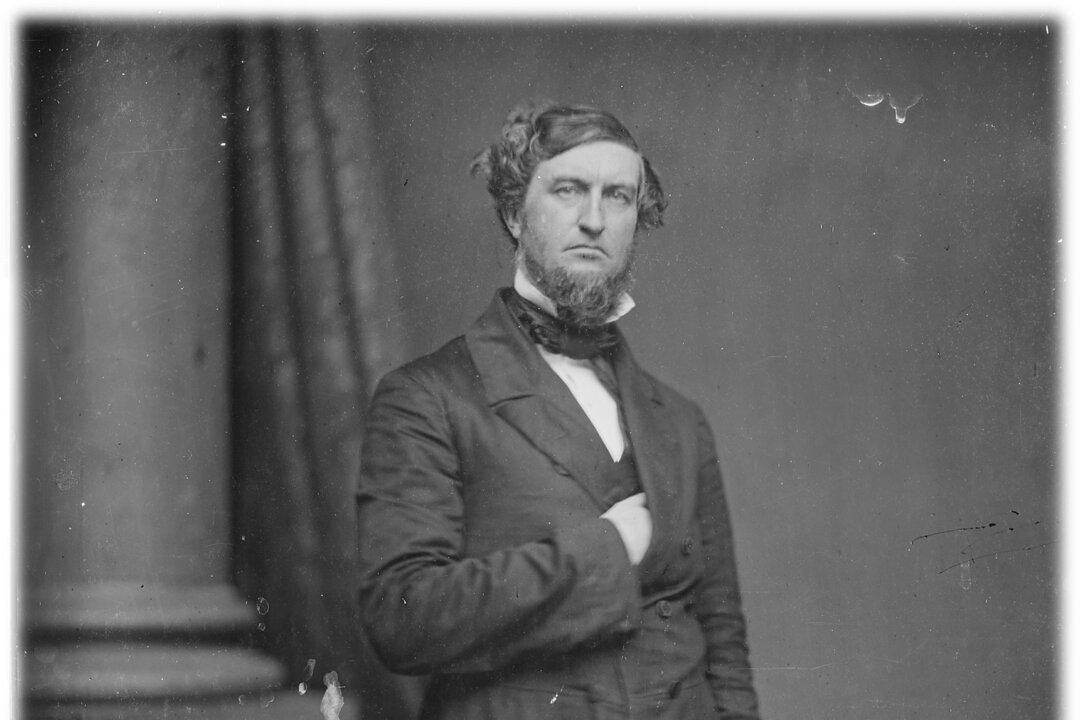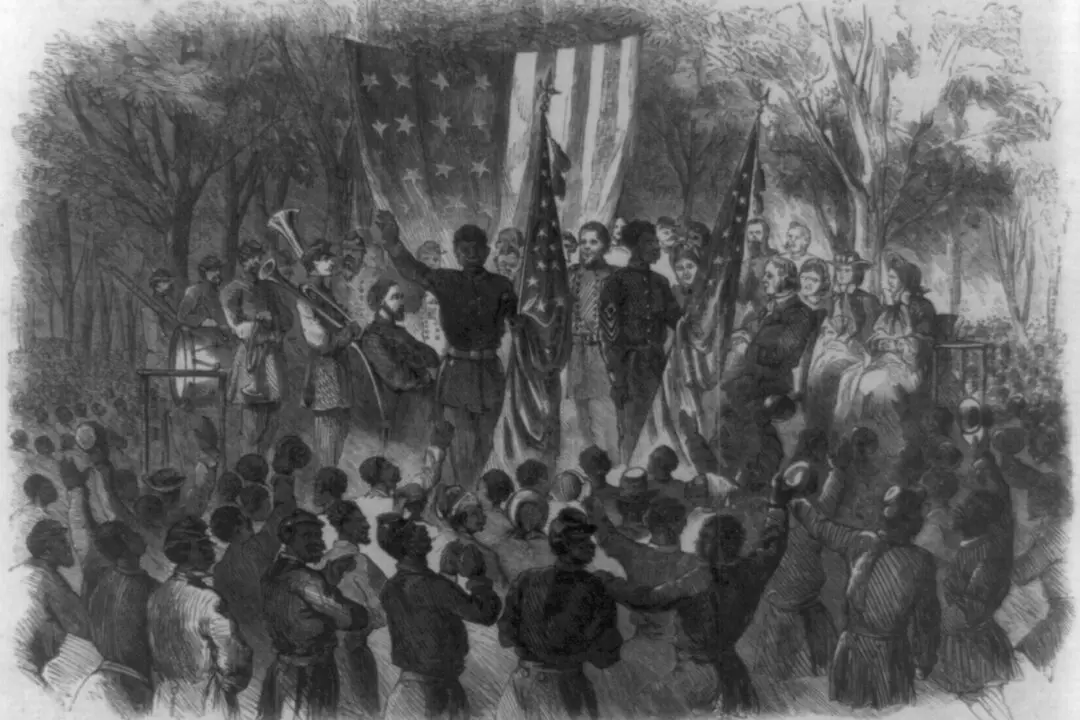Growing up with strong abolitionist beliefs, Zachariah Chandler would utilize his success as a businessman to become an influential politician. After the Whig Party folded, Chandler played an instrumental role in the formation of the new Republican Party just before the Civil War broke out.
Chandler was born in Bedford, New Hampshire in 1813. After receiving an education from the common schools, he worked as a teacher briefly before his father offered him the choice between giving Chandler $1,000 in cash or paying for his college education.






